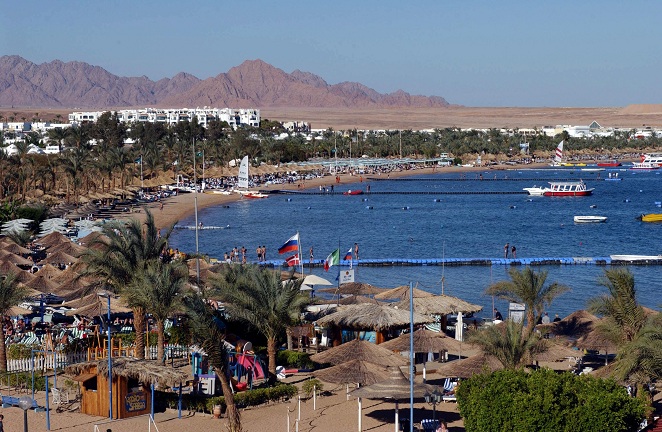Amr Talaat, the Minister of Communications and Information Technology, presented Egypt’s Digital Strategy vision during a tour of the Creativa Innovation Hub in Giza, which was led by Prime Minister Mostafa Madbouly.
Talaat outlined the Ministry’s plan to establish Digital Egypt Innovation Hubs across all governorates, emphasizing their importance as key drivers of the digital strategy. These hubs will provide programs, in collaboration with the private sector, for training in digital skills, promoting freelance work, and nurturing technological innovation. He noted that the number of innovation hubs has increased from three in 2016 to 11 in 2022, 20 in 2023, 23 in 2024, with a target of reaching 27 by 2025.
Talaat explained that Egypt’s Digital Strategy is centered on three citizen-focused pillars: empowering citizens to secure job opportunities in the digital economy, fostering entrepreneurship and digital innovation, and simplifying access to digital government services.
He highlighted the main enablers of the strategy, which include an efficient digital infrastructure that ensures widespread internet access, regulatory frameworks designed to attract local and foreign investment, and partnerships with the private sector and civil society.
He detailed the criteria for selecting hub locations, which include adequate space for activities, centrality within the governorate, and proximity to major universities.
During the presentation, Talaat reviewed efforts to repurpose a heritage building into a Digital Egypt Innovation Hub in Giza while preserving its architectural design. Other hubs with notable architectural significance include the Sultan Hussein Kamel Palace hub in Cairo and the Giza hub.
The minister emphasized the ministry’s commitment to attracting renowned global entities to support startups at all stages of their development. He mentioned a program implemented in collaboration with Babson College (USA) to provide consultancy services to startups in their pre-establishment phase.
Consultancy services are also offered during the establishment phase in collaboration with 500 Global. For product development, advisory services and funding of approximately $100,000 are available through a partnership with Plug and Play. When launching a product and capturing a small market share, funding ranging between $300,000 and $600,000 is provided through 500 Global. For the growth phase, networking events are organized in collaboration with Plug and Play, and international companies support startups in expanding beyond the local market.
Talaat also highlighted efforts to nurture technological innovation within the hubs, such as the Government Innovation Lab in partnership with the German Development Agency and collaboration with South Korea to equip spaces for startup incubation and electronic design labs. A contract with 500 Global to manage startup incubators has also been established.
The hubs offer a variety of training programs, including specialized courses in advanced technologies, employment-focused training with the private sector, and a diploma in electronics design and prototyping. Additionally, the hubs provide coworking spaces for 60 freelancers daily, incubation for 40 startups annually, nine specialized training labs, two electronics labs, two dedicated incubators, a 200-seat auditorium for events, a garden, and spaces for student activities.
Talaat affirmed that Egypt consistently ranks among the top three countries in the region for entrepreneurship and technological innovation. He stated that approximately 1,000 startups have benefited from the hubs since their inception, with over 100,000 trainees acquiring technological and freelance work skills. Additionally, around 20,000 individuals utilized the hubs’ coworking spaces in 2024 alone.




